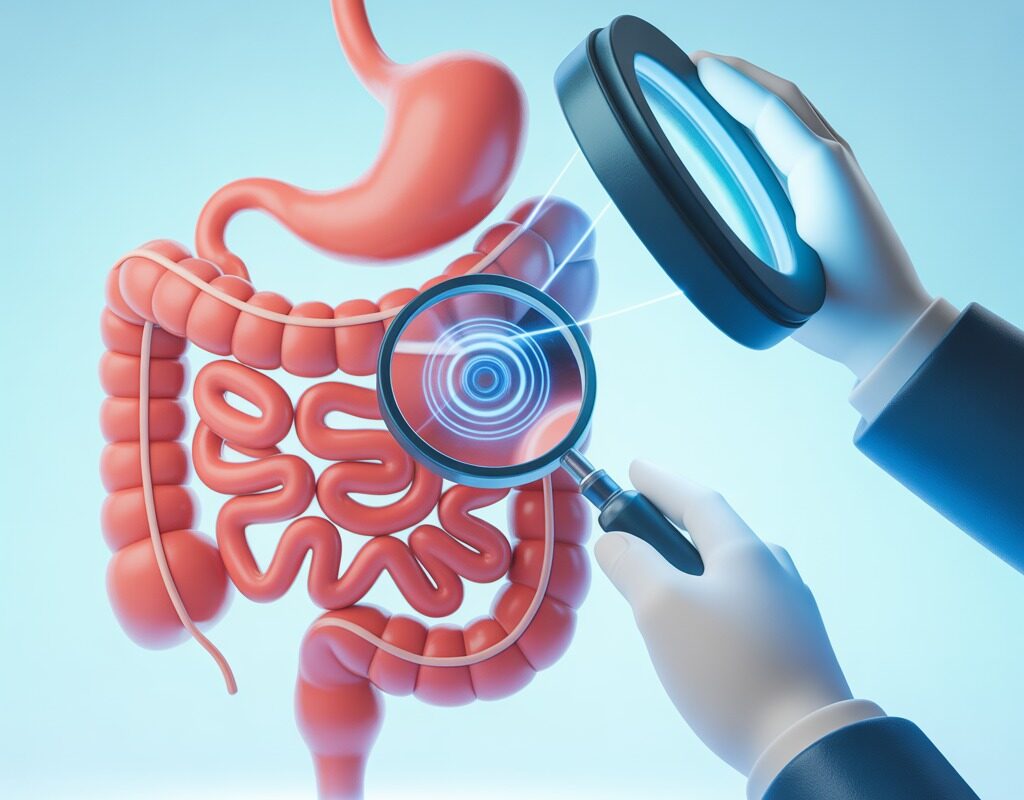
We personalize everything in our lives, from playlists to financial plans. Why rely on one size fits all health advice for your most vital organs—your brain and heart?
The secret to sharper memory and a resilient heart isn’t found in a fad. It’s encoded in your DNA. Understanding this genetic factor isn’t a threat; it’s a strategic advantage in your quest for long term vitality.
Your Genetic Risk Factor: The APOE Gene
Meet the APOE gene (Apolipoprotein E). It acts as your body’s chief fat and cholesterol traffic controller, profoundly influencing two major health areas:
- Heart Health: It dictates how efficiently your body transports and clears fats, directly impacting your cholesterol profile and arterial health.
- Brain Health: It is essential for neuron maintenance and clearing cellular debris, a process crucial for memory loss prevention.
Everyone carries two copies of this gene. However, the presence of the E4 allele is a key genetic factor that heightens your risk profile for both cardiovascular issues and conditions like ‘Late Onset Alzheimer’s Disease’.
Crucial Insight: Carrying this gene variation does not
guarantee illness. It simply means your genetic blueprint requires a more focused, personalized prevention plan.
The Anti Destiny Playbook: Personalized Nutrition & Your DNA
This is where the power of Nutrigenomics the link between your genes and nutrition offers the ultimate defence.
If your APOE status is the blueprint of potential risk, your nutrition and lifestyle choices are the engineers who can modify that structure. Knowledge is control.
Your 3 Point Strategy for Prevention
Knowing your genetic status immediately shifts your health strategy from guessing to precision.
- Stop Diet Guesswork: If you carry the E4 allele, your body is less efficient at clearing certain fats. You need a customized plan for precision fat management. Generic “healthy eating” isn’t enough; you must strategically limit or swap specific fats that your unique metabolism struggles with, directly lowering both your cholesterol and inflammation.
- Targeted Anti Inflammation: This variant creates greater cellular stress. Your personalized plan must prioritize nutrients—specific Omega 3s, antioxidants, and vitamins—that are scientifically proven to combat neuro inflammation and protect your blood vessels. This is targeted protection against cognitive decline.
- Prioritize Dual Impact Choices: Use your genetic knowledge as the ultimate motivation for non negotiable habits: Daily aerobic exercise (the most potent defence for both your heart and your brain), optimal sleep, and effective stress reduction.
Ready to Find Your Personalized Prevention Plan?
In a world full of generic advice, choosing to ignore the specific guidance of your DNA is a critical mistake.
The truly intelligent question is: “What is the most powerful, customized defence strategy I can build based on my unique genetic code?”
Understanding your APOE status is not about fear; it’s about gaining control over your future. It’s the knowledge you need to start the conversation about a truly personalized prevention plan that anticipates risk.
Your DNA holds the key to the most effective health plan you will ever have. It’s time to unlock it and begin living with the clarity and confidence of knowing your ultimate health roadmap.
To translate this crucial genetic information into a practical, actionable lifestyle blueprint, seek out specialized expertise in nutrigenomics and personalized risk management. This informed conversation is the single most powerful step you can take toward securing your long-term vitality.







